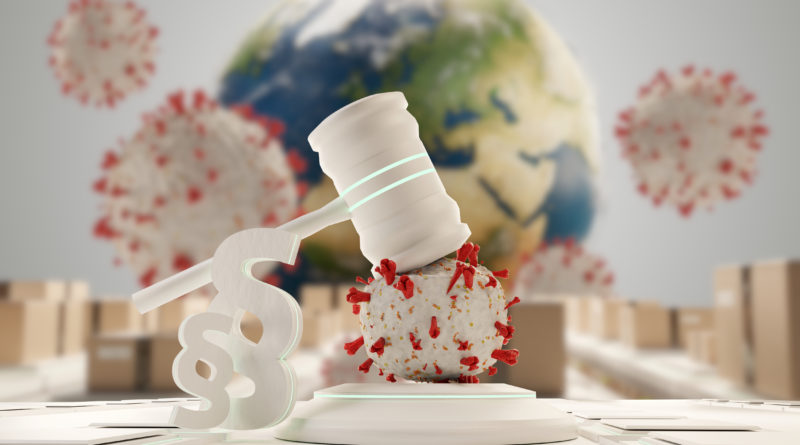Why Is the Coronavirus Task Force Winding Down?
8,120 total views, 1 views today
To date, the United States has seen more than one million COVID-19 cases and over 71,000 deaths. Although new cases are declining in some regions where the virus first spread, they continue to rise nationally. And with some states reopening their economies, new cases may increase further as relaxed social distancing guidelines lead to a potential second wave of COVID-19 cases. Scientists have warned that easing social distancing restrictions could lead to as many as tens of thousands more deaths.
Despite these dire circumstances, the Trump administration announced Tuesday that the White House coronavirus task force will be slowly phased out over the course of May. President Trump and several other administration officials claimed that so much progress has been made in slowing the spread of COVID-19 that it is now safe to pivot the White House’s attention toward restarting the economy, which has crumbled due to the lack of in-person activity under the pandemic. Trump said that the coronavirus task force would be swapped with a new advisory body that will handle the second phase of the country’s response to the pandemic, but he offered no additional details.
Vice President Mike Pence, who has overseen the White House coronavirus task force, said that he plans to shut down the task force by the end of the month. Pence explained that the coronavirus task force shutting down does not mean the U.S. will no longer focus on health-related COVID-19 issues. Instead, this transition will shift the country’s public health response to the federal agencies with whom the White House coronavirus task force has been working to form a unified national plan.
Although the Trump administration plans to wind down the activities of its coronavirus task force, President Trump has said that he expects more deaths to occur as the country reopens. Trump also stated that he believes the virus will pass eventually whether or not a vaccine is produced. Other Trump administration officials noted that even with the White House coronavirus task force closing, two widely followed public health officials will remain on board: Dr. Anthony Fauci, director of the National Institute of Allergy and Infectious Diseases, and Dr. Deborah L. Birx, who has long served as a U.S. Special Representative for Global Health Diplomacy.
As the Trump administration winds down its coronavirus task force, fears of a second wave of COVID-19 infections may become more imminent. Some experts have pointed to Hong Kong as a prime example of how to avoid such a second wave. There, the government reacted quickly to a surge of new cases by banning all non-residents from entering the city, closing its airport to non-residents, quarantining and testing all people who arrived at the city regardless of their origin, and tracking all home-quarantined people with electronic bracelets. No formal stay-at-home orders accompanied these actions, but these efforts worked, as Hong Kong has not reported any new COVID-19 cases since April 19. Conversely, the U.S. daily death rate from COVID-19 is expected to increase by 70 percent between now and June 1.

